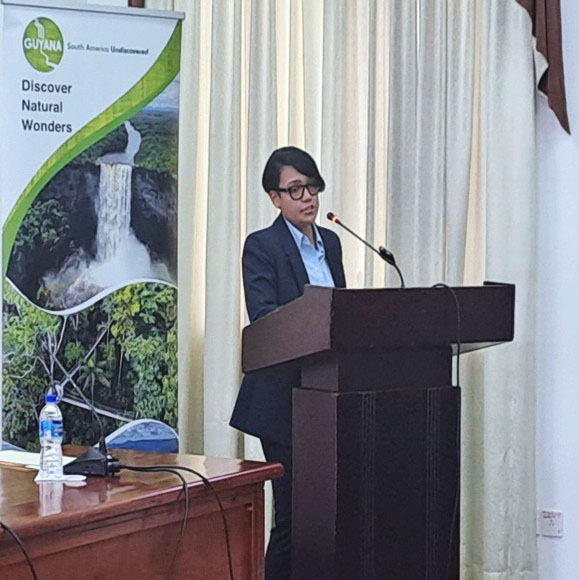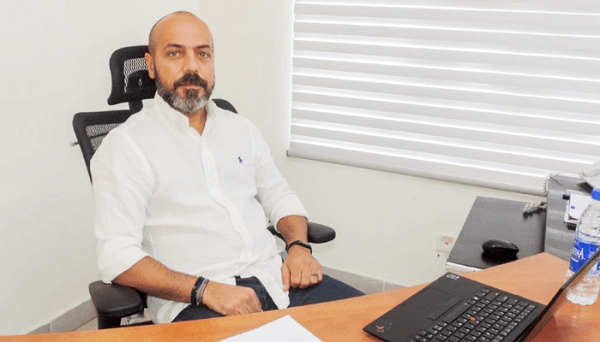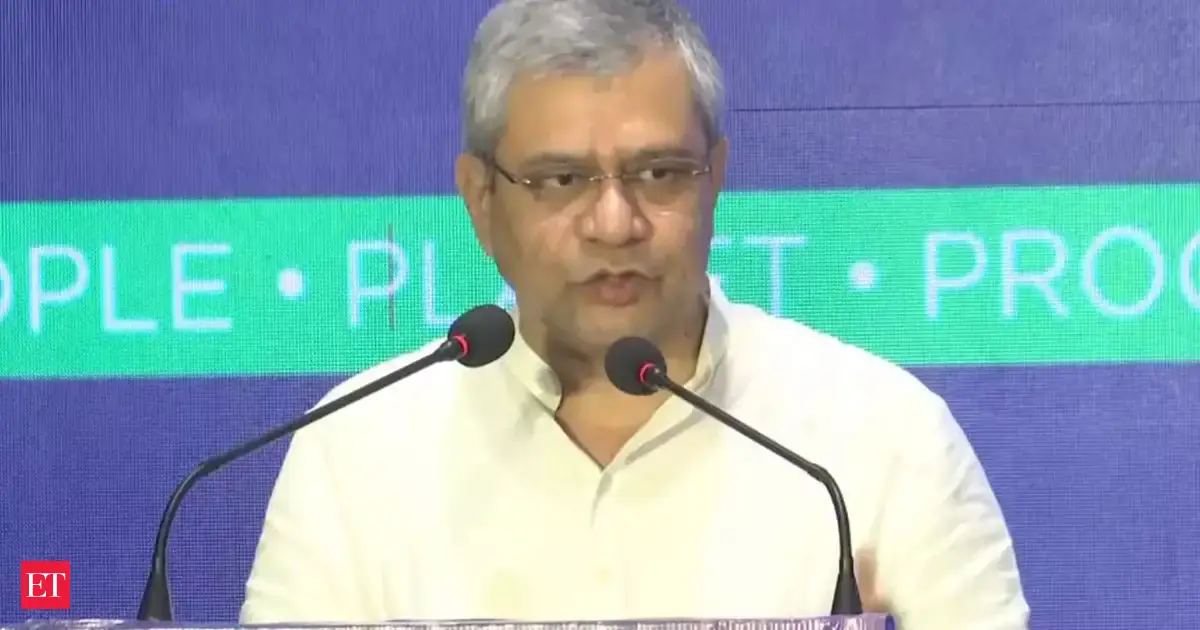By Stabroek News
Copyright stabroeknews

New Minister of Tourism, Industry and Commerce, Susan Rodrigues yesterday said that in the wake of complaints about high accommodation costs the government was contemplating a US$200 per night price cap for Guyanese and members of the diaspora.
She also emphasised collaboration, affordability and consistency as she outlined her vision for Guyana’s tourism sector during an engagement with hoteliers, tour operators and other key stakeholders.
Addressing the gathering at the Arthur Chung Conference Centre, the minister said that growing tourism as a strong economic driver requires a shift from operating in silos to building stronger partnerships across the industry. “It takes all of us: government, hoteliers, tour operators, airlines, entertainers to make this sector successful,” she stressed.
A central priority, she explained, will be the promotion of Destination Guyana through better information access for visitors. Plans include establishing permanent tourism desks at ports of entry and in hotel lobbies to ensure guests are introduced to local experiences and activities from the moment they arrive. Rodrigues said that hotels should not only offer rooms but also serve as gateways to the country’s culture, entertainment, and natural attractions.
The minister also committed to a calendar of events starting in 2026, with major activities scheduled each quarter and packaged into seven or ten-day experiences to attract both local and international visitors. Festivals such as Diwali, Christmas, and Independence celebrations will be marketed abroad, with support from airlines and embassies to reach the diaspora.
To this end, Rodrigues acknowledged widespread concerns about the high cost of accommodation. She announced that government is considering a price cap of US$200 per night for Guyanese and members of the diaspora, particularly when they book through official tourism packages. “This is about ensuring access and affordability for Guyanese first,” she said, while noting that participation in the scheme will be voluntary but linked to promotional opportunities.
Meanwhile, the minister highlighted Guyana’s growing visitor arrivals up 18% compared to last year and projected that the country could realistically reach one million visitors within five years. With over 15 new hotels under construction, room stock is expected to grow from the current 4,200 to 6,400 in the near future. However, Rodrigues stressed that expanding capacity must go hand in hand with improving service standards.
She underscored that tourism must be seen as an export industry, and that the country needs to develop a culture of service and hospitality. “Our hospitality is a product,” Rodrigues said. “We must package it, promote it, and continually improve it.” She also pointed to the need for data sharing on occupancy, employment, and investment to guide policymaking and track growth.
Rodrigues told stakeholders that predictability and consistency would be hallmarks of her approach. “Boring as it may sound, consistency is what every business needs to be successful,” she noted, pledging a transparent calendar of events, stronger collaboration with entertainers, and an open-door policy for industry input.
The session also touched on opportunities to market to the diaspora, expand staycation options, and raise standards across tourism sites. Rodrigues urged stakeholders to view themselves as ambassadors of Guyana, helping to change negative perceptions and foster pride in the country’s culture and attractions.
She reminded the gathering that tourism is poised to become a leading sector of the economy. “This is not a wish list,” Rodrigues said firmly. “I intend to achieve everything outlined here, and we can only do it together.”



